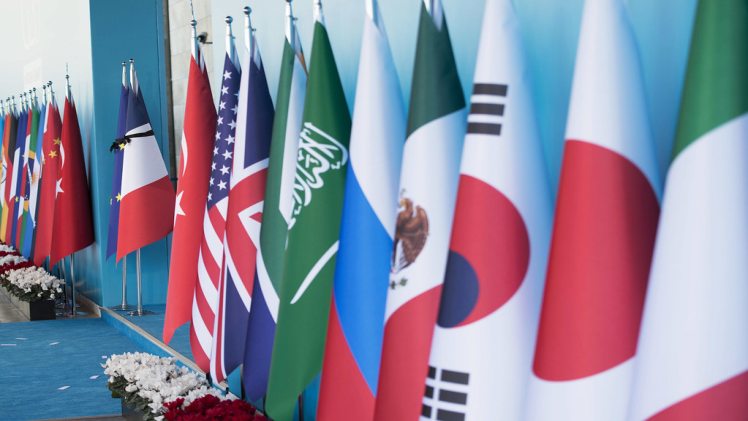In an era marked by unprecedented interconnectedness and complexity, the future of Multilateralism stands at a crossroads. As nations grapple with an array of transnational challenges—from climate change and pandemics to cyber threats and economic inequality—the need for collective action and cooperation has never been more urgent. Yet, traditional models of Multilateralism face mounting challenges, including geopolitical rivalries, rising nationalism, and institutional inertia. Adapting global governance to meet the demands of the 21st Century requires innovative approaches, inclusive partnerships, and a renewed commitment to cooperation, solidarity, and shared responsibility. By examining the evolving landscape of Multilateralism and exploring pathways for reform, we can unlock the potential of collective action to address the defining challenges of our time.
Redefining Multilateralism for the 21st Century
Multilateralism in the 21st Century must go beyond traditional models of state-centric diplomacy to embrace a more inclusive, agile, and networked approach to global governance. This entails forging partnerships among diverse stakeholders, including governments, international organizations, civil society, the private sector, and grassroots movements, to address complex, interconnected challenges that transcend national borders.
Moreover, redefining Multilateralism requires shifting from crisis-driven, ad hoc cooperation to proactive, long-term strategies anticipating emerging threats and opportunities. By fostering a culture of foresight, resilience, and innovation, multilateral institutions can adapt to rapid change and effectively tackle systemic challenges that require collective solutions.
Addressing 21st Century Challenges
The future of Multilateralism hinges on its ability to confront a range of 21st-century challenges that defy unilateral solutions. These include:
- Climate Change: As the existential threat of climate change intensifies, multilateral cooperation is essential for reducing greenhouse gas emissions, adapting to the impacts of climate change, and mobilizing finance and technology to support sustainable development.
- Global Health: The COVID-19 pandemic has underscored the need for coordinated international responses to public health emergencies, including vaccine distribution, pandemic preparedness, and strengthening health systems to ensure equitable access to healthcare for all.
- Cybersecurity: With the proliferation of cyber threats and digital vulnerabilities, multilateral efforts are needed to establish norms, standards, and mechanisms for cybersecurity cooperation, information sharing, and capacity-building to protect critical infrastructure and safeguard cyberspace.
- Economic Resilience: In an era of economic uncertainty and volatility, multilateral cooperation is essential for promoting inclusive growth, reducing poverty and inequality, and building resilience against financial crises and trade disruptions.
Pathways for Reform
Reforming Multilateralism requires bold leadership, political will, and institutional innovation to overcome entrenched interests and bureaucratic inertia. Critical pathways for reform include:
- Strengthening Multilateral Institutions: Enhancing the effectiveness, transparency, and accountability of multilateral institutions, including the United Nations, World Health Organization, World Trade Organization, and International Monetary Fund, to better address evolving challenges and promote global cooperation.
- Promoting Inclusive Partnerships: Engaging a broader range of stakeholders, including non-state actors, local communities, and marginalized groups, in decision-making processes to ensure that Multilateralism is inclusive, responsive, and representative of diverse perspectives and priorities.
- Harnessing Digital Technologies: Leveraging digital technologies, such as artificial intelligence, blockchain, and big data analytics, to enhance multilateral cooperation, streamline processes, and promote innovation in global governance.
- Building Trust and Solidarity: Fostering dialogue, trust-building, and conflict resolution mechanisms among nations to overcome geopolitical rivalries, promote mutual understanding, and forge common ground on shared challenges.
Conclusion: Towards a New Era of Multilateralism
In conclusion, the future of Multilateralism hinges on our ability to adapt global governance to the realities of the 21st Century. By embracing inclusive partnerships, addressing transnational challenges, and pursuing bold reforms, we can unlock the transformative potential of collective action to build a more peaceful, prosperous, and sustainable world for future generations. As we navigate the complexities of global governance, let us reaffirm our commitment to the principles of cooperation, solidarity, and shared responsibility, ensuring that Multilateralism remains a cornerstone of international order and a force for positive change in an interconnected world.

